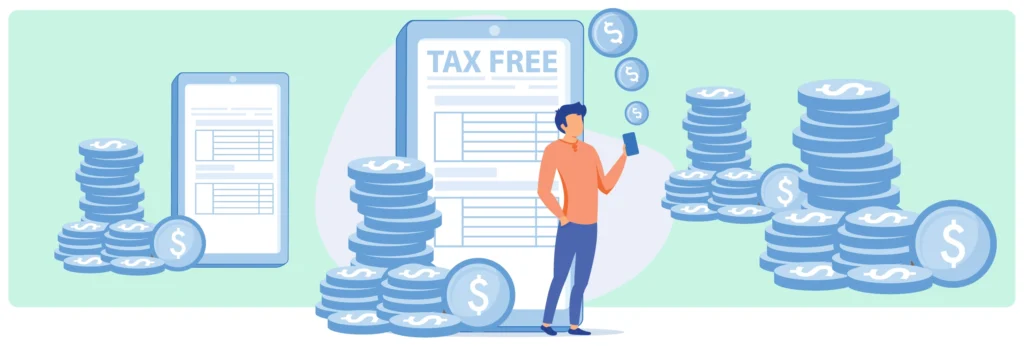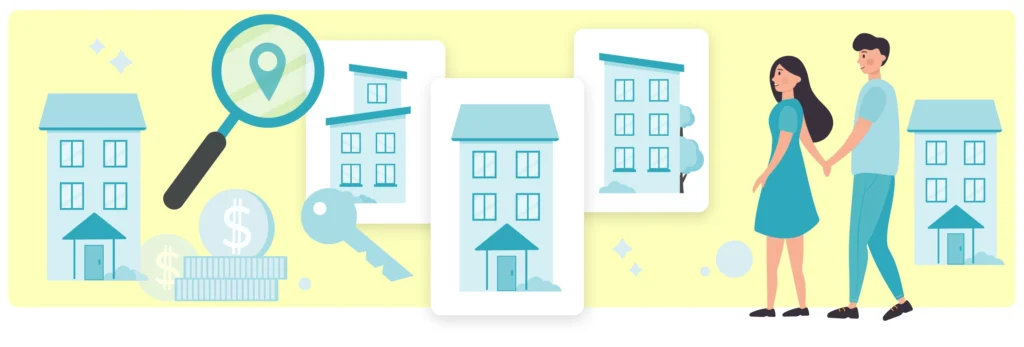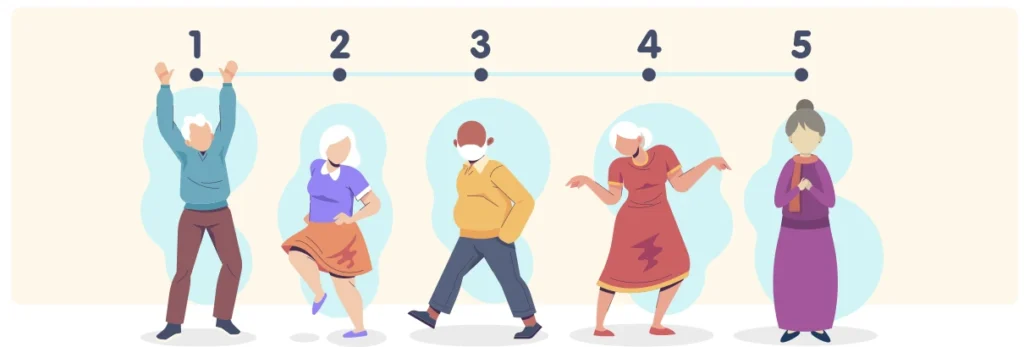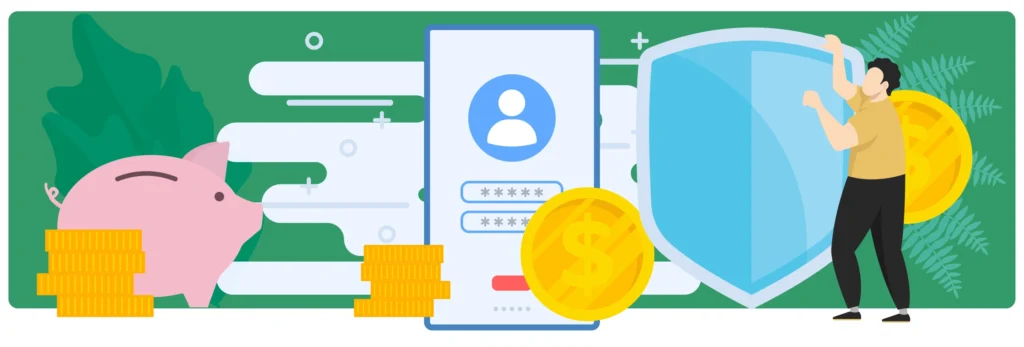Every day, hundreds of thousands of Americans ask themselves, ‘Should I liquidate my structured settlement to help cover my expenses?’ It’s no wonder with half of Americans sharing they are struggling to maintain their financial situation.
What is a structured settlement?

Structured settlement annuities are financial instruments that are normally used to provide regular, tax free payments to personal injury victims over a long period of time. Instead of facing unexpected stress and management issues that come with receiving a lump sum of money, the recipient is protected from unfortunate circumstances that could result in spending a large portion of the money that he or she needs to manage a lifetime of injury related expenses.
Can you sell your structured settlement?

Yes, you can sell your settlement payments for cash up front. Technically, you can sell rights to future structured settlement payments. Selling structured settlement payments is governed by state law and requires court approval.
Our team regularly receives calls and messages from people who want to sell monthly payments from workers compensation claims and life insurance policies, as well as life settlements. While we would love to help people with these financial products, we are unable to do so. Thank you for understanding.
How to sell your settlement payments

Selling a structured settlement begins with careful consideration and at least a bit of research. Here are the essential steps:
- Decide whether to sell – Do you need money? Are you willing to exchange some of the money that you will receive in the future for money now? Consult your attorney or financial consultant, if you have one, before moving forward.
- Contact potential buyers – There are many companies that buy settlement payment rights. They have varying degrees of aggression, experience, and funding. Feeling comfortable with the factoring company that you work with is probably an important start.
- Choose a company and move forward – Who do you like best? Did they provide (close to) the best offer? It’s time for paperwork. After you submit the proper paperwork (your annuity policy, settlement agreement or benefit’s letter so the transfer company can verify your payments, application, ID), all materials are reviewed to ensure they are complete and accurate.
- Receive judicial approval for your sale – Once the relevant documents are returned and they are fully signed, a local attorney files them with court and after that the court will schedule a hearing. This is the beginning of the waiting period. In the court you will be required to justify why the money is needed. Does selling future payments put your and your family’s financial future in jeopardy. Judges tend to approve transactions at this stage unless there are any problems with your petition.
- Get your money – Once approved, the judge will sign the order approving your transaction and the order is sent over to the insurance company to wire funds.
Monetary Policy and Structured Settlements

Microeconomics, macroeconomics, and central banks impact interest rates, which impact what a buyer will pay for your monthly or periodic payments. On July 31, 2024, the Bank of Japan (BOJ) raised interest rates from 0-.1% up to .25%. One impact is that investors who made arbitrage plays, including buying US tech stock, based on borrowing at extremely low or non-existent rates and investing in higher yielding assets, were forced to sell their positions to repay their loans. Concern over this movement has lead to a lack of steadiness in the cost of money for purchasing companies. This lack of steadiness may impact payouts that settlement funding companies offer. More specifically, given the same present value of your settlement’s payment stream, a buyer may off a smaller lump sum of cash today than they did before July 31st.
We are not comfortable, not do we find it appropriate, to comment on the financial security of structured settlement buyers. However, we at AnnuityFreedom are comfortable and confident in our financial stability. We aim to continue making strong, no-obligation quotes to those whose financial needs have put them in a position to consider selling their regular payments. Please obtain advice from an informed professional, such as financial advisor or tax attorney, before making a decision to sell rights to your structured settlement payments.
Selling structured settlement payments

How long does it take?
After you’ve signed the contract to sell your settlement payments, it takes approximately 45 days to receive your money. However, keep in mind that every structured settlement purchase transaction is different due to each state’s laws regulating such purchase transactions. In addition, you may qualify for an immediate cash advance to help you through a particularly tough time.
How much will I be charged?
The amount structured settlement companies take is based upon the discount rate applied to the transaction and negotiation. Discount rates from can range anywhere between 8% up to over 18% but usually average somewhere in the middle. An average discount rate of 12% should be reasonable but some companies may want to take as much as 30% discount. Consider whether you are willing to sacrifice the discount rate that you are presented.
Your discount rate will depend on a number of factors:
- the total amount of your settlement payments,
- the number of payments you have remaining,
- the date those payments are due to arrive, and
- the number of payments you wish to sell etc. The longer people have to wait to receive their payments, the greater the discount rate will need to be.
References
- Lim, H. J. (2024, July 31). Bank of Japan raises benchmark interest rate, outlines roadmap for trimming bond buying program. CNBC. https://www.cnbc.com/2024/07/31/boj-raises-benchmark-interest-rate-outlines-roadmap-for-trimming-bond-buying-program.html
- King, H. (2024, August 5). Why Japan’s currency is triggering a global market selloff. Axios. https://www.axios.com/2024/08/05/stock-market-japan-global-selloff